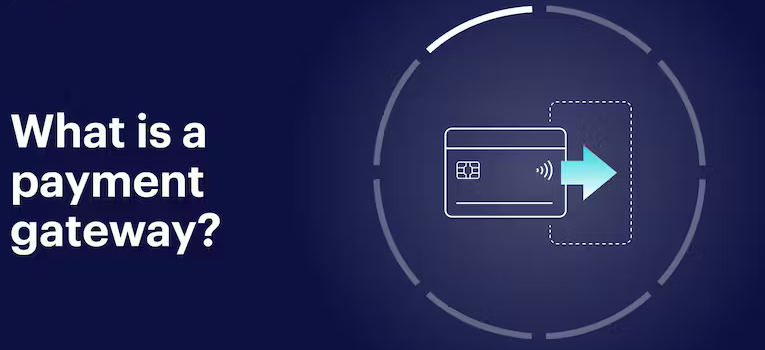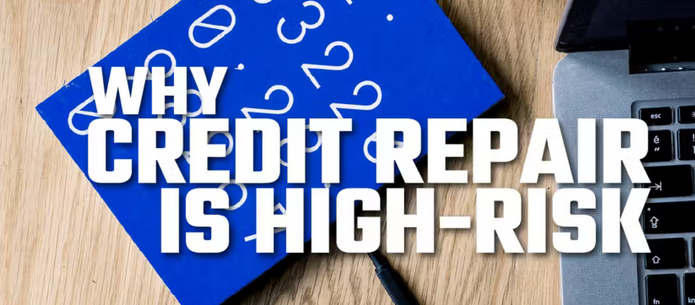In today’s digital age, payment gateways play a pivotal role in enabling secure and seamless online transactions. Whether you run an e-commerce store or accept payments through your website, understanding payment gateways is essential.
In this comprehensive blog post, we will explore the concept of payment gateways, their functionality, security features, factors to consider when choosing one for your business, and address frequently asked questions. By the end, you’ll have a clear understanding of payment gateways and be equipped to select the best solution for your online payment needs.
What is a payment gateway?
A payment gateway is a technology-driven service that facilitates the transfer of payment information securely between a merchant’s website and the acquiring bank or financial institution. It acts as a virtual bridge, connecting the merchant, the customer, and the payment processor, ensuring the smooth processing of online payments.
How does a payment gateway work?
The functioning of a payment gateway involves a series of steps to ensure a secure and efficient transaction process:
- Customer Initiation: The customer selects their desired products or services and proceeds to the checkout page on the merchant’s website.
- Encryption and Data Transmission: The payment gateway encrypts the customer’s payment details, such as credit card information, to protect it from unauthorized access. It then securely transmits this encrypted data to the payment processor.
- Authorization: The payment processor receives the encrypted data from the payment gateway and forwards it to the customer’s issuing bank or financial institution for authorization.
- Transaction Approval: The customer’s issuing bank or financial institution verifies the transaction details, including available funds and authentication, and sends the response back to the payment processor via the payment gateway.
- Confirmation: The payment gateway relays the authorization response from the issuing bank or financial institution to the merchant’s website, confirming the status of the transaction to the customer.
- Settlement: The payment processor transfers the funds from the customer’s account to the merchant’s designated bank account, completing the transaction process.
What are the security features of a payment gateway?
Payment gateways employ various security measures to ensure the protection of sensitive payment information. Some common security features include:
3D Secure authentication
3D Secure authentication adds an extra layer of security to online transactions by requiring customers to authenticate themselves using a password or one-time code. This reduces the risk of unauthorized use of credit or debit cards.
Tokenization
Tokenization replaces the customer’s payment card information with a unique token. This token, which is meaningless outside the payment system, is used for transaction processing. Tokenization minimizes the storage and transmission of sensitive card data, reducing the risk of data breaches.
PCI DSS compliance
Payment Card Industry Data Security Standard (PCI DSS) compliance ensures that payment gateways meet a set of security standards established by major card networks. Compliance involves maintaining secure networks, implementing strong access controls, regularly monitoring and testing systems, and adhering to strict data protection practices.
How to choose the best payment gateway for your business
Selecting the right payment gateway is crucial for the success of your online business. Consider the following factors when choosing a payment gateway:
- Integration Options: Ensure that the payment gateway seamlessly integrates with your existing e-commerce platform or website, allowing for a smooth and hassle-free customer experience.
- Security: Prioritize payment gateways that are PCI DSS compliant, utilize encryption and tokenization techniques, and offer additional security features like 3D Secure authentication.
- Accepted Payment Methods: Choose a payment gateway that supports the payment methods your customers prefer, such as credit cards, debit cards, digital wallets, or bank transfers.
- Pricing Structure: Compare the fees associated with different payment gateways, including transaction fees, setup fees, monthly fees, and any additional costs for specific features or services.
- Customer Support: Opt for a payment gateway provider that offers reliable and responsive customer support, ensuring timely assistance in case of any issues or concerns.
Conclusion
Payment gateways are the backbone of secure and efficient online transactions, providing businesses with the ability to accept payments from customers around the globe. By understanding how payment gateways work, their security features, and the factors to consider when choosing one for your business, you can confidently navigate the world of online payments.
Remember to prioritize security, compatibility, and customer support when selecting a payment gateway to ensure a seamless payment experience for your customers and the growth of your online business.
FAQs about payment gateways
Let’s address some frequently asked questions about payment gateways:
What is a payment gateway?
A payment gateway is an online service that facilitates the secure transmission of payment data between customers, merchants, and banks. It enables the authorization and processing of online transactions.
How do payment gateways differ from merchant accounts?
Payment gateways differ from merchant accounts in that payment gateways focus on securely transmitting payment data, while merchant accounts are specialized accounts that store and manage funds from customer transactions.
Can I use multiple payment gateways on my website?
Yes, it is possible to use multiple payment gateways on your website. This can provide flexibility in offering different payment options to your customers and catering to their preferences.
What is the typical duration for settlement of funds through a payment gateway?
The duration for settlement of funds through a payment gateway varies depending on the payment service provider and the merchant’s agreement. Settlement periods can range from a few business days to a week or more.
Are payment gateways compatible with mobile devices?
Yes, payment gateways are designed to be compatible with mobile devices. They often offer mobile-optimized solutions, including mobile-responsive payment pages and mobile wallet integrations, to facilitate seamless payment experiences on smartphones and tablets.
Is PayPal a payment gateway?
Yes, PayPal can be considered a payment gateway. It provides a secure platform for processing online payments and offers additional services beyond payment processing, such as buyer and seller protection.
Is Amazon pay a payment gateway?
Yes, Amazon Pay can be considered a payment gateway. It enables customers to use their Amazon accounts to make payments on third-party websites, providing a streamlined checkout experience.
Is Mastercard a payment gateway?
No, Mastercard is not a payment gateway. Mastercard is a global financial services corporation that operates as a payment network, facilitating transactions between merchants, cardholders, and issuing banks. However, they do provide services that can be integrated with payment gateways for card processing.




